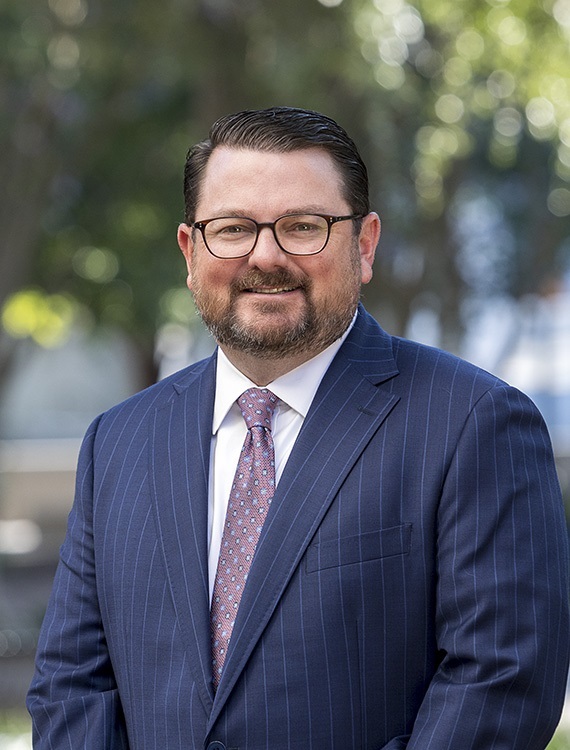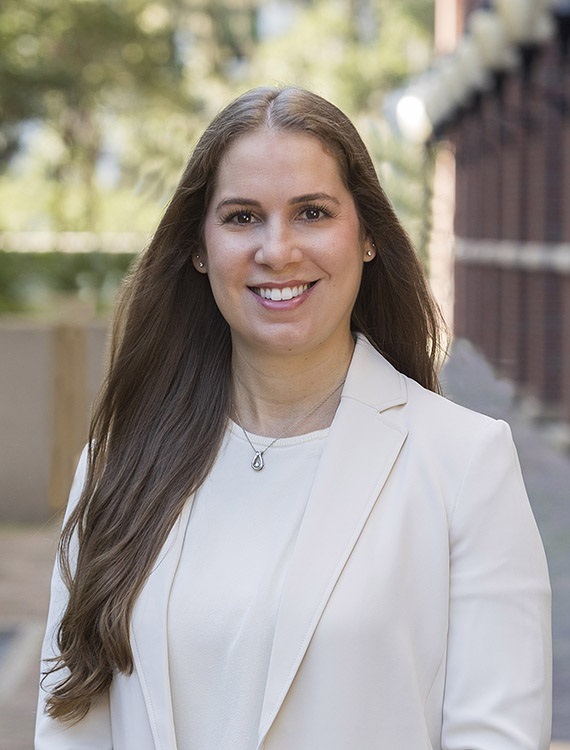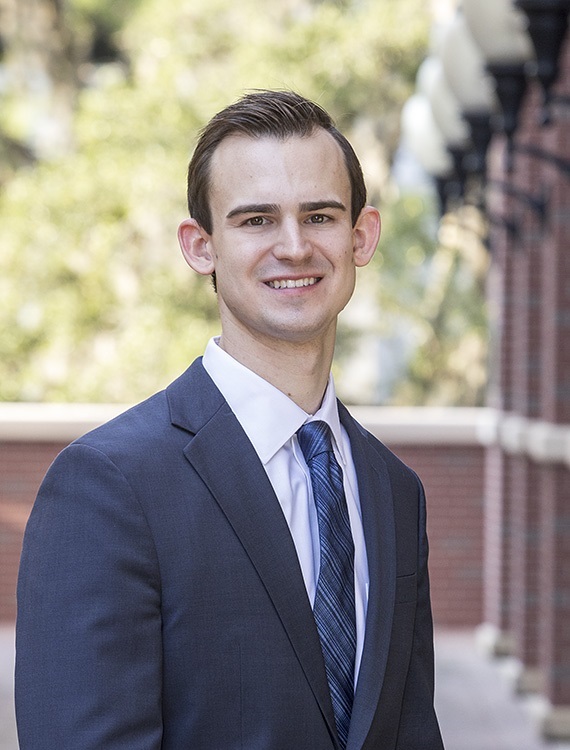Insurance Commissioner faces tough decisions
By PAUL FLEMMING
The News-Press Capital Bureau
TALLAHASSEE – Heading into the most active months of the hurricane season, upcoming regulatory decisions will radically change Florida’s property-insurance market and determine the future for millions of consumers.
Before Insurance Commissioner Kevin McCarty are negotiations and decisions about the state’s two largest property insurers, State Farm Florida and government-run Citizens Property Insurance. The two are separate but inextricably entwined.
"It’s six months of stress, for sure," McCarty said of the June-to-November hurricane season.
He could have been speaking of the issues before his agency.
For State Farm’s 770,000 property policyholders, the Office of Insurance Regulation is negotiating how it will leave the state. There’s an October administrative hearing to settle differences, but McCarty and State Farm officials say reaching a deal before then is preferred and likely.
There are 37,428 State Farm property policyholders in Lee County, 12,408 in Charlotte and 16,817 in Collier.
For 1 million Citizens policyholders, already customers of the cash-strapped insurer-of-last-resort, McCarty will set rates in the next two months. Increases are capped this year at 10 percent by law.
There are 47,669 Citizens policyholders in Lee County,14,244 in Charlotte and 18,686 in Collier.
A question is how many State Farm customers will end up covered by Citizens. The answers go far beyond the nearly 2 million policies directly involved and bear on all Florida’s customers.
"I believe (resolution of State Farm’s withdrawal from the state) affects Citizens as a company, but more broadly speaking it’s an issue whose solution affects every insured person in the state," said Jim Malone of Naples, chairman of the Citizens’ Board of Governors.
In August 2008, McCarty rejected State Farm’s request for a statewide average 47 percent rate increase. In January, the company -the state’s largest private insurer – responded by announcing it would pull out of the state and filed a proposal to do so over two years.
State Farm Florida said without the rate increase, its business in the state was no longer viable and it would be insolvent by 2011. McCarty doesn’t disagree State Farm’s situation is untenable. "There’s no question that State Farm is over exposed, they have too many policies," he said.
McCarty required conditional changes to State Farm’s withdrawal plan and is working out those details. If the two sides can’t agree, an administrative hearing is set to begin Oct. 12.
"What we’re looking for is an exposure-reduction plan and the potential that maybe State Farm will have some appetite to stay in the Florida marketplace," McCarty said.
McCarty said he is pursuing the possibility of other companies willing to take on State Farm policies.
Details are few from either side.
"We definitely have been involved in what we consider to be very productive talks with (regulators) this entire time," said Michal Connoly, a spokeswoman for State Farm.
For the time being, Connoly said customers are covered and will remain so. "There will be at least a six-month notice before anything changes. There will be time, there will be notices."
How it happens is important.
"One of the things that we don’t want to see is just taking these 770,000 policies and putting them in Citizens," McCarty said. That’s because Citizens is underfunded and overburdened.
Rates for Florida’s largest property insurer have been frozen for three years. In January, the company is required to begin charging actuarially sound rates, enough to cover expected losses for the $415 billion in property it covers. The vast majority of Citizens customers face rate increases, capped by the Legislature at 10 percent in an effort to avoid sky-high hikes.
McCarty said efforts to reduce the Citizens’ loss-exposure have been successful, pointing to 400,000 policies removed from the government-run company’s books. State Farm’s exit risks reversing that.
Gov. Charlie Crist vetoed legislation that would have allowed well-capitalized companies to sell homeowners polices at whatever rate the market would bear. Proponents said it would give consumers choice and, perhaps, keep State Farm in Florida.
But Crist said it would lead to increased rates on strapped consumers and pointed to gains in the private market. McCarty has said there are 40 new companies with $4 billion in capital that have entered the Florida market, numbers challenged by state Sen. Mike Bennett, a Bradenton Republican, and Rep. Bill Proctor, R-St. Augustine. There are more than 200 companies overall selling property insurance in the state.
More than $3.8 billion of the new capital is from largely unregulated surplus-lines carriers.
"I find this perplexing because Commissioner McCarty opposed (the legislation), in part because rates were unregulated under the bill," Bennett wrote in a July 15 letter to state Chief Financial Officer Alex Sink.
Malone said State Farm’s withdrawal has a direct impact on Citizens. "The idea of Citizens downsizing itself certainly goes out the window," he said.
McCarty must set Citizens rates within 45 days after final filings. Getting that right has implications for all insurance customers in the state who would pay for deficits big hurricane losses might cause Citizens – as much as 45 percent on Citizens policyholders and 18 percent on all private-company customers.












